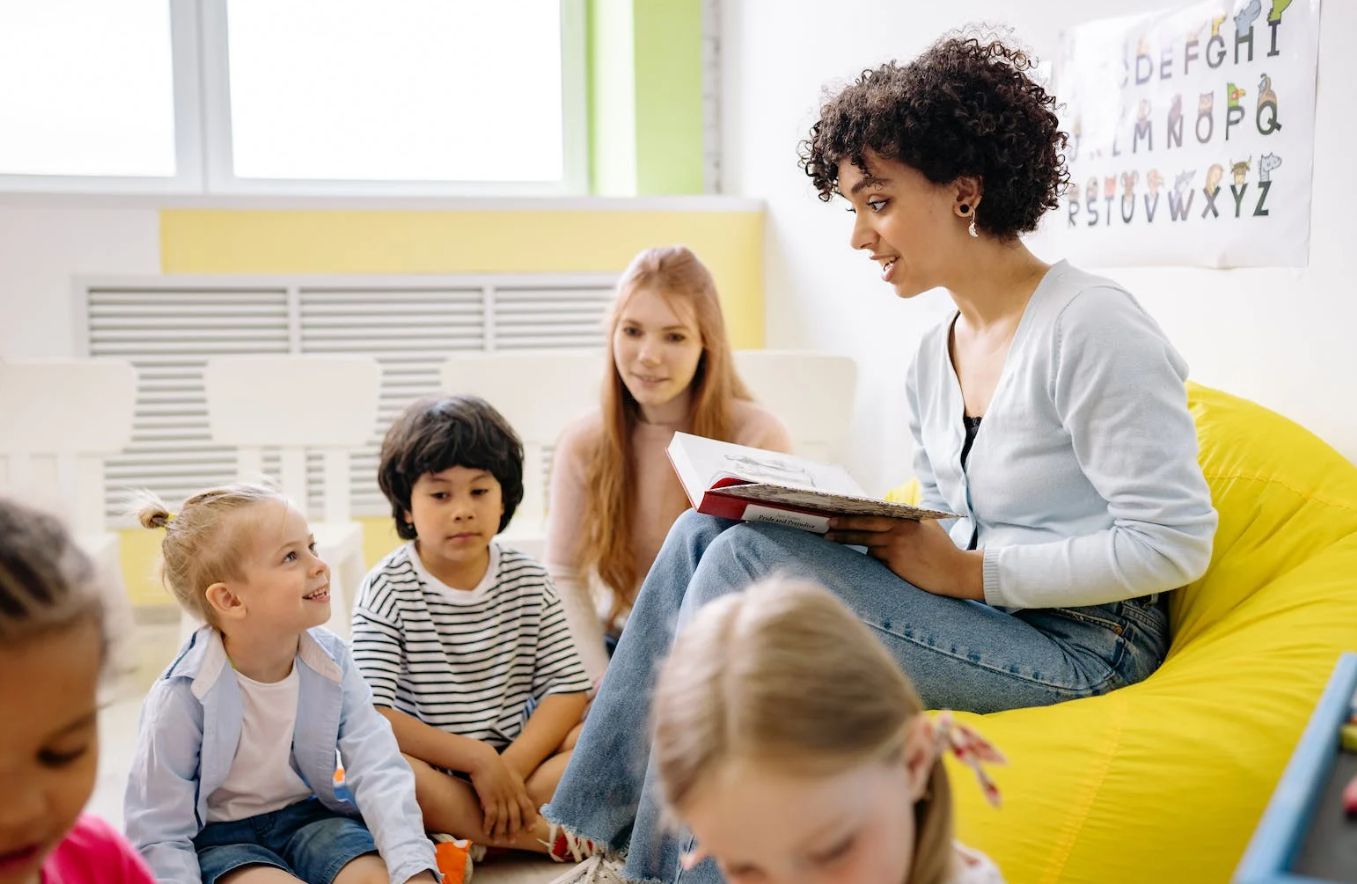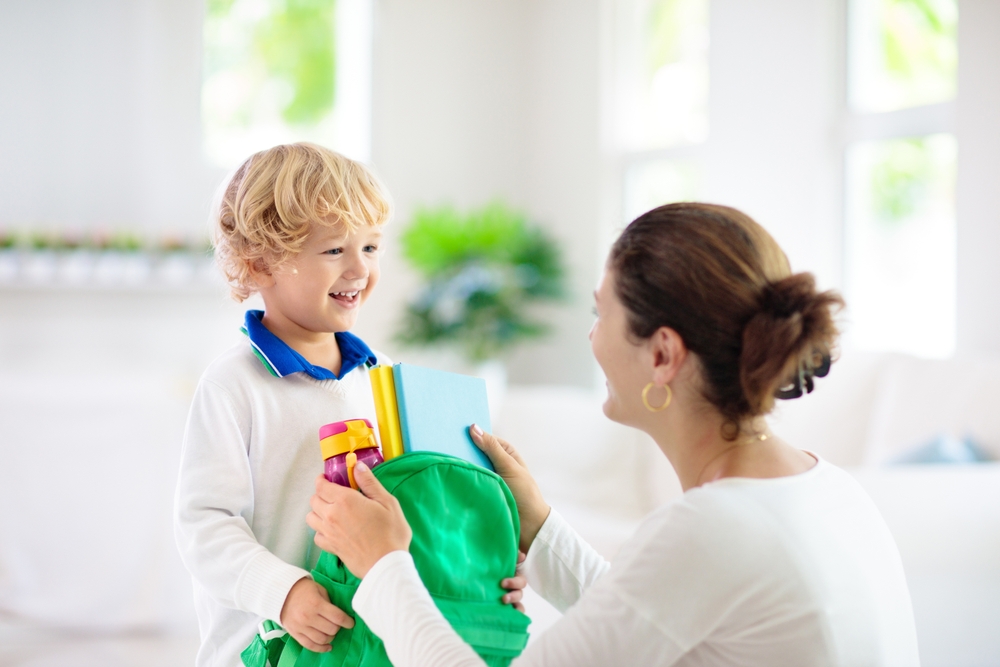Help your child adjust to kindergarten by establishing a consistent routine, visiting the school together beforehand, and encouraging positive discussions about the new experiences and friends they will make.
5 Proven Strategies to Help Your Child Thrive in Kindergarten
Kindergarten is an exciting time for both children and parents. It marks the beginning of a child’s formal education and is a crucial period for laying the foundation for future learning. Kindergarten provides children with the opportunity to develop important social, emotional, and academic skills that will serve as the building blocks for their educational journey.
It is a time for children to explore, learn, and grow in a safe and nurturing environment. As a parent, it is important to understand the significance of the kindergarten experience and to actively support your child’s learning and development during this critical stage.
1. Cultivate a Love of Learning at Home
Transform your home into a vibrant learning hub with these strategies:
- Dedicated Learning Zone: Set up a quiet, well-organized space with age-appropriate materials.
- Why it matters: A dedicated space helps children focus and associate that area with learning.
- Daily Routine: Create a predictable schedule that includes time for learning, play, rest, and physical activity.
- Why it matters: Routines help children feel secure and understand expectations, fostering self-regulation.
- Learning Through Play: Encourage play-based learning with open-ended toys and materials.
- Why it matters: Play is how children learn best. It builds creativity, problem-solving skills, and social interaction.
Key Elements of a Learning-Rich Home
| Element | Description | Benefits |
|---|---|---|
| Books and Reading Materials | Variety of age-appropriate books, magazines, and other reading materials. | Develops language skills, vocabulary, and a love for reading. |
| Art Supplies | Crayons, markers, paints, paper, clay, etc. | Encourages creativity, fine motor skills, and self-expression. |
| Building Toys | Blocks, construction sets, puzzles. | Develops spatial reasoning, problem-solving, and motor skills. |
| Educational Games and Apps | Age-appropriate games and apps that focus on literacy, math, or other skills. | Reinforces learning in a fun and interactive way. |
2. Foster Strong Social and Emotional Skills
Kindergarten is a time for significant social-emotional growth. Here’s how to support it:
- Social Interaction: Arrange playdates, participate in group activities, and visit playgrounds.
- Why it matters: Interacting with peers teaches children how to share, take turns, negotiate, and manage conflict.
- Emotional Vocabulary: Help your child label their feelings and express them appropriately.
- Why it matters: Understanding emotions is key to self-regulation and healthy relationships.
- Be a Role Model: Demonstrate empathy, kindness, and good communication skills.
- Why it matters: Children learn by watching and imitating the adults in their lives.
Key Social-Emotional Skills for Kindergarten
| Skill | Description | How to Support |
|---|---|---|
| Self-regulation | The ability to manage emotions and behavior. | Teach calming strategies, provide consistent routines, and model self-control. |
| Empathy | The ability to understand and share the feelings of others. | Talk about emotions, read stories with emotional themes, and encourage kindness. |
| Sharing and taking turns | Important social skills for interacting with peers. | Model sharing, play games that involve taking turns, and praise cooperative behavior. |
3. Nurture Early Literacy Skills
Literacy skills are the foundation for academic success. Here’s how to cultivate them:
- Read Aloud Every Day: Make reading a fun and interactive experience.
- Why it matters: Reading aloud exposes children to new vocabulary, sentence structures, and ideas.
- Talk About Books: Ask questions, discuss characters, and make connections to your child’s life.
- Why it matters: Talking about books helps children understand the story and develop critical thinking skills.
- Provide Writing Materials: Encourage drawing, scribbling, and letter formation.
- Why it matters: Early writing experiences build fine motor skills and letter recognition.
4. Spark an Interest in Math and Science
Math and science are all around us. Here’s how to make them fun and engaging:
- Math in Everyday Life: Count objects, sort items, measure ingredients, and talk about shapes.
- Why it matters: Incorporating math into daily routines makes it relevant and meaningful.
- Science Exploration: Conduct simple experiments, observe nature, and visit science museums.
- Why it matters: Hands-on experiences spark curiosity and a love of learning.
5. Partner with Your Child’s Teacher
A strong home-school connection is vital for your child’s success:
- Communicate Regularly: Share information about your child’s interests, strengths, and challenges.
- Attend Parent-Teacher Conferences: Actively participate and ask questions.
- Volunteer in the Classroom: Help out with activities, field trips, or special events.
By taking an active role in your child’s kindergarten journey, you’ll equip them with the tools they need for a lifetime of learning and success. Remember, the most important thing is to make learning fun and engaging. Your child’s kindergarten year should be filled with wonder, discovery, and joy!


